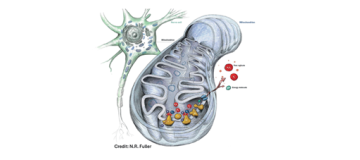
Open Day 2024 Scienze Motorie
L'incontro di presentazione del corso di laurea triennale in Scienze Motorie per l'anno accademico 2024/2025, dedicato a studenti e studentesse delle scuole secondarie superiori e alle loro famiglie, si svolgerà venerdì 19 aprile dalle ore 16.30 alle ore 16.45 presso l'Aula Morgagni del Policlinico








